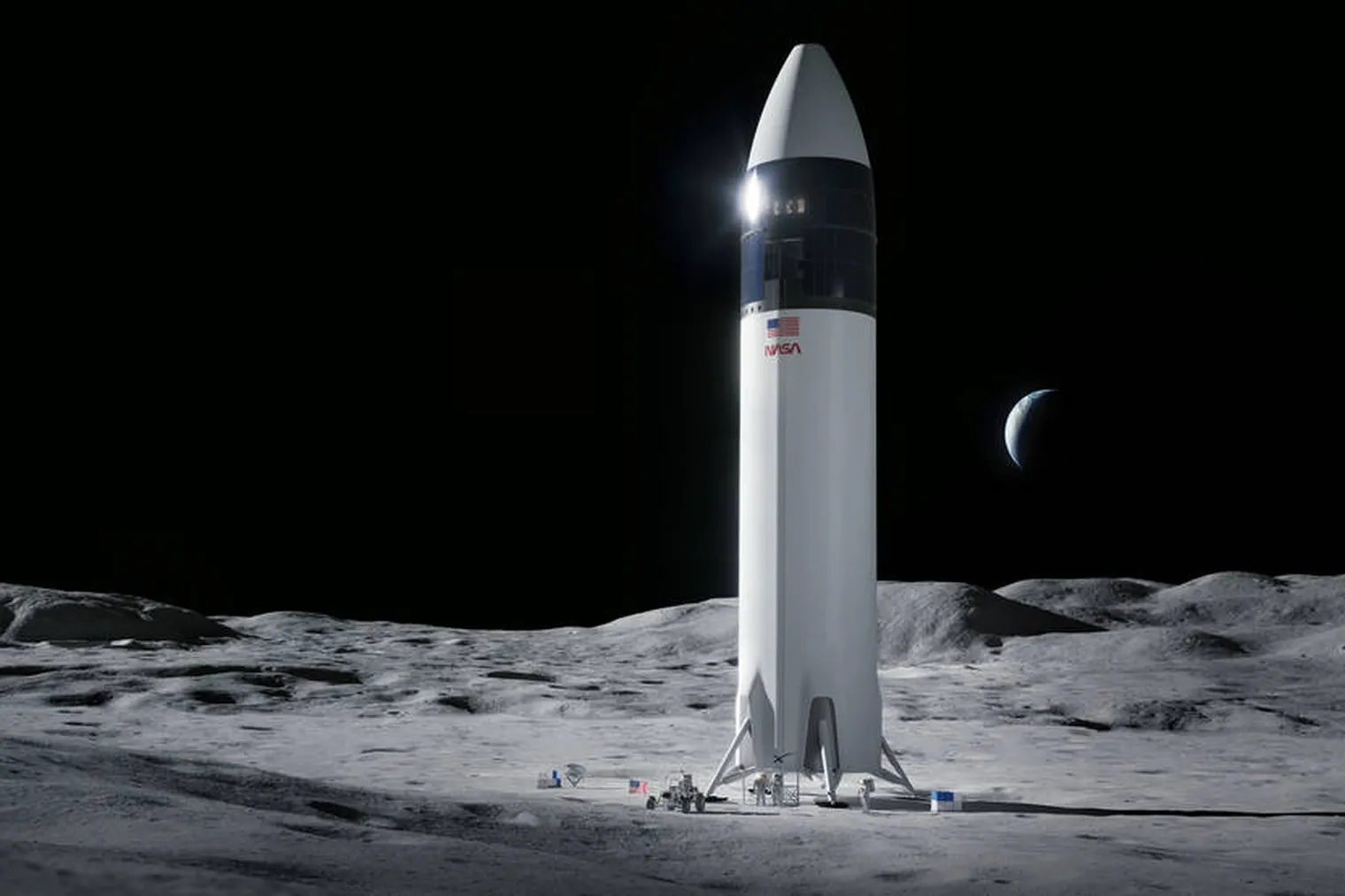Sooner Boomer
Well-Known Member
- Joined
- Mar 21, 2011
- Messages
- 5,830
- Reaction score
- 4,673
from: https://www.theverge.com/2021/4/30/22412771/nasa-spacex-hls-moon-lander-blue-origin-protest
"NASA has suspended work on SpaceX’s new $2.9 billion lunar lander contract while a federal watchdog agency adjudicates two protests over the award, the agency said Friday.
Putting the Human Landing System (or HLS) work on hold until the GAO makes a decision on the two protests means SpaceX won’t immediately receive its first chunk of the $2.9 billion award, nor will it commence the initial talks with NASA that would normally take place at the onset of a major contract."
I remember back when the govt. ran the space program, not capitalism. One big difference is that with the capitalists running it, there are only a few companies involved in this contract. Back when govt. pork ran the projects, there were companies all over the country making parts as subcontractors. Not meant as a comment whether this is good or bad, just an observation.
"NASA has suspended work on SpaceX’s new $2.9 billion lunar lander contract while a federal watchdog agency adjudicates two protests over the award, the agency said Friday.
Putting the Human Landing System (or HLS) work on hold until the GAO makes a decision on the two protests means SpaceX won’t immediately receive its first chunk of the $2.9 billion award, nor will it commence the initial talks with NASA that would normally take place at the onset of a major contract."
I remember back when the govt. ran the space program, not capitalism. One big difference is that with the capitalists running it, there are only a few companies involved in this contract. Back when govt. pork ran the projects, there were companies all over the country making parts as subcontractors. Not meant as a comment whether this is good or bad, just an observation.






 I would tend to think somebody got to somebody.
I would tend to think somebody got to somebody.